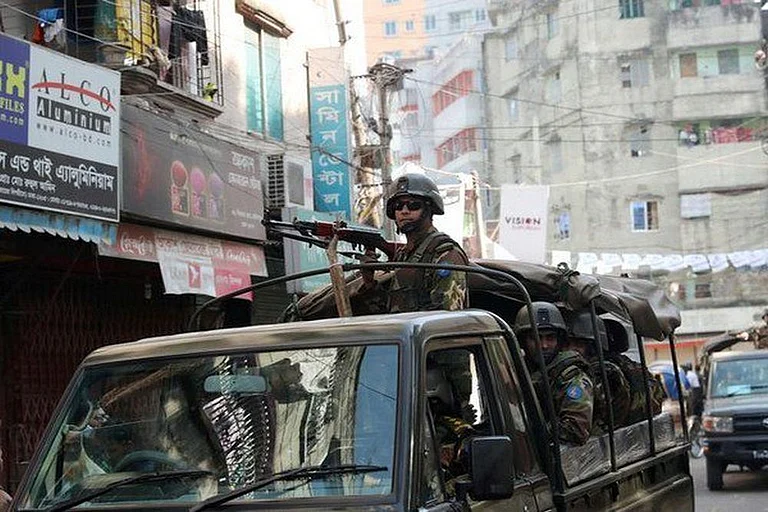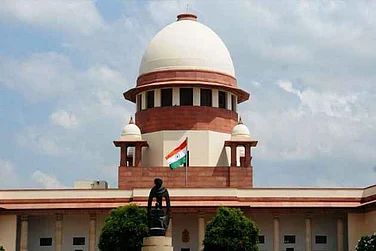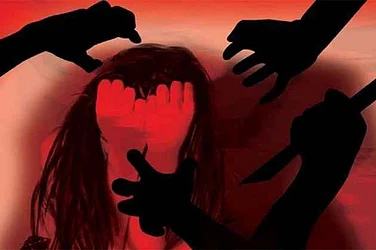Arvind Kejriwal, the leader of the Aam Aadmi Party (AAP) and Delhi Chief Minister, made a significant announcement during a campaign rally in Jaipur for the upcoming Rajasthan assembly election. Kejriwal pledged to waive all previous electricity bills in Rajasthan if his party secures victory in the polls. This move aligns with the AAP's commitment to providing accessible electricity to the public, a cornerstone of their election manifesto.
In addition to the promise of debt relief on electricity bills, Kejriwal assured the gathered crowd of his party's commitment to delivering uninterrupted 24-hour electricity supply to the people of Rajasthan. Furthermore, he emphasized the importance of providing quality education to students, vowing to make it free and accessible.
This announcement comes in the wake of a similar initiative by Ashok Gehlot, the Chief Minister of Rajasthan, who earlier in the year offered an exemption on the first 100 units of electricity consumed for the Congress party's constituents. The move to provide free electricity has been a central theme in the AAP's approach to governance, with the party already implementing schemes like free 200 units of electricity for consumers in Delhi and 300 units in Punjab.
The concept of "freebies" in politics has become a contentious issue, sparking a nationwide debate between political parties. The Bharatiya Janata Party (BJP) and various Opposition parties have taken opposing stances on the matter, with one camp advocating for such initiatives as vital welfare measures, while the other criticizes them as detrimental to state finances.
This debate gained momentum when BJP leader Ashwini Kumar Upadhyay filed a petition in the Supreme Court in January 2022, questioning the legality of parties offering freebies to lure voters. The argument put forth was that if distributing money before an election is considered an offense, then doing so after winning the election should be equally objectionable.
Prime Minister Narendra Modi further amplified the discussion on July 16 when he criticized what he referred to as the "Revdi culture," characterizing it as an impediment to the country's economic development. These remarks drew sharp reactions from parties like the AAP, Congress, TRS, YSR Congress, and DMK, highlighting the divisive nature of the freebies debate in Indian politics.


























